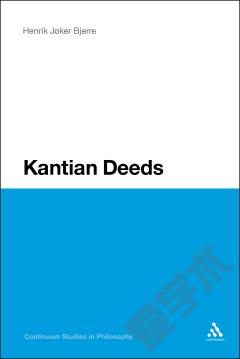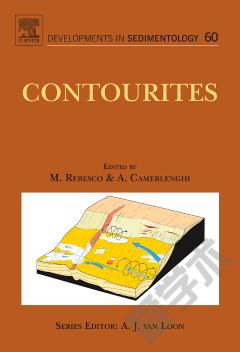Kantian Deeds
Kantian Deeds revokes and renews the tradition of Kant's moral philosophy. Through a novel reading of contemporary approaches to Kant, Henrik Bjerre draws a new map of the human capacity for morality. Morality consists of two different abilities that are rarely appreciated at the same time. Human beings are brought up and initiated into a moral culture, which gives them the cognitive mapping necessary to act morally and responsibly. They also, however, acquire an ability to reach beyond that which is considered moral and thus develop an ability to reinterpret or break 'normal' morality. By drawing on two very different resources in contemporary philosophy - more conservative trends in analytic philosophy and more radical sources in recent works of psychoanalytically informed philosophy - and claiming that they must be read together, Kantian Deeds provides a new understanding of what is termed 'the structure of moral revolutions'. Essentially, deeds are revolutionary changes of moral character that can only be performed by such creatures that have acquired one.
{{comment.content}}








 京公网安备 11010802027623号
京公网安备 11010802027623号